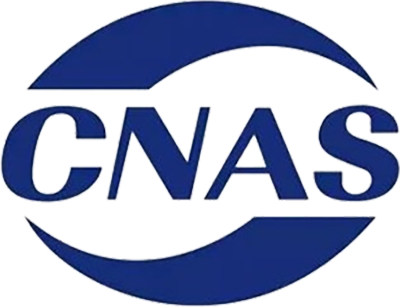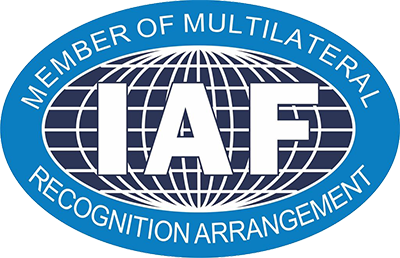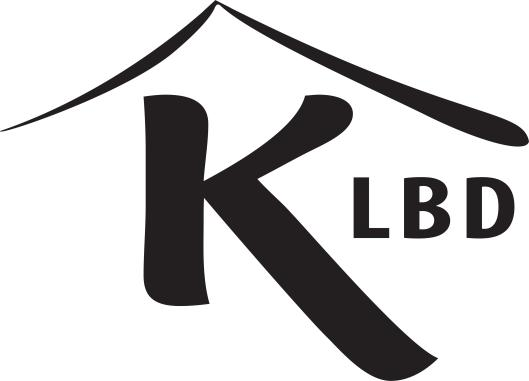Products
How to use enzymes?
Recently there are lots of discussions in the biocatalysis industry on how to minimize legal risks for using enzymes as many legal battles have occurred in this field. Here is a general guideline from expert discussions in the industry including EnzymeWorks. For specific projects, you should consult your own legal counsel before buying or using enzymes from a supplier.
1. It is generally fine to use wild type enzymes for your own novel chemical products. There are also minimal risks in evolving those enzymes for your own chemical products.
2. One should be careful in using an enzyme whose sequence is patented even though you may use it for a different chemical product or evolve it to develop a more efficient enzyme. Although in principle the sequence of an enzyme should not be patented to cover its use for making all products (for example alcohols or amines), which in reality is impossible due to the high specificity of enzymes. Special attention should be paid to sometimes unreadable patent notices on the package or labels of an enzyme or enzyme kit. One should not use such enzyme or enzyme kit because it may become a legal trap for willful patent infringement or high license fee as happened in some recent cases in the industry.
3. One should be careful in using enzymes or related patents which have already been transferred to a third party. Such transfer often introduces complicated legal issues of patent infringement or royalty payment for developing your own chemical products, including (1) even the user applied the enzyme for a product or chemical process unrelated to the patent, the enzyme supplier may use high return in transferring the enzyme to the third party as an evidence to ask you to pay super high legal fee; (2) the third party, who got the process from the enzyme user, is also at risk of paying high legal fees even though the process or chemical product is unrelated to the patent. One shall therefore clarify if there has been any transfer of the enzymes before using them.
4. The production of enzymes may involve trade secrets including plasmids, strains or media. One should be careful in using some suppliers’ enzymes or enzyme kits if the supplier in any way claims that their plasmids, strains, or media are trade secrets, regardless of whether the so-called trade secrets have been published. Therefore, be sure to ask if all or part of plasmids, strains or media are trade secrets before using any enzymes or enzyme kits. Otherwise you might be at the risk of using the enzyme supplier’s trade secrets, and liable for the royalty.
To expedite the value of biocatalysis and make it more attractive for chemical production, most experts suggest focusing on developing efficient enzymes for applications to file process patents and try to avoid using enzymes with just patented enzyme sequences alone (not application patents). As for trade secret plasmids, strains or media etc, there are many public domain plasmids, strains or media on the market for enzyme production to allow one to easily avoid using these materials. Thus, one should avoid the enzymes with any trade secret string attached. Generally speaking, overreaching IP protection in the hand of ill-intentioned enzyme suppliers in this young biocatalysis field will hurt the entire industry and make biocatalysis lose its strength in competing with chemical technologies for efficiency and costs.
Technology Services
ISO 9001:2015 certified
Kosher certificate




